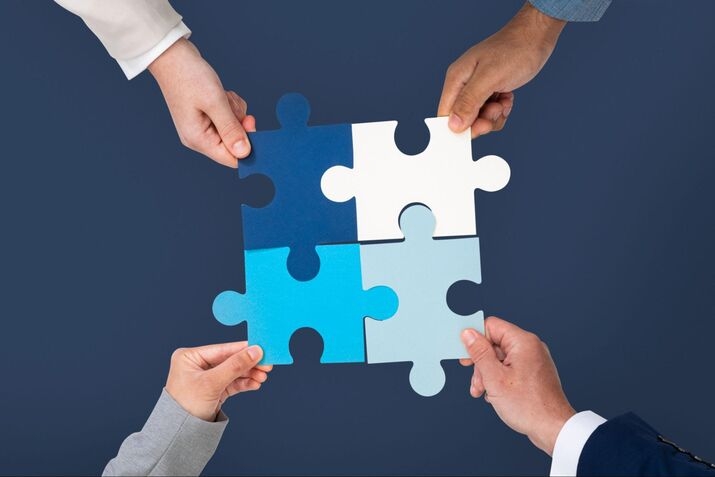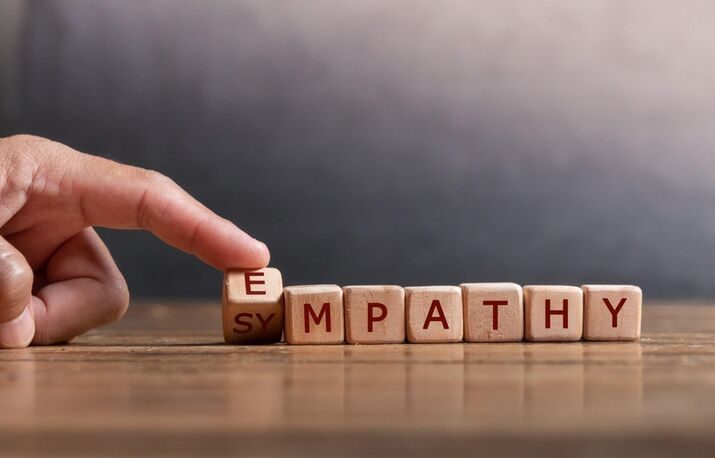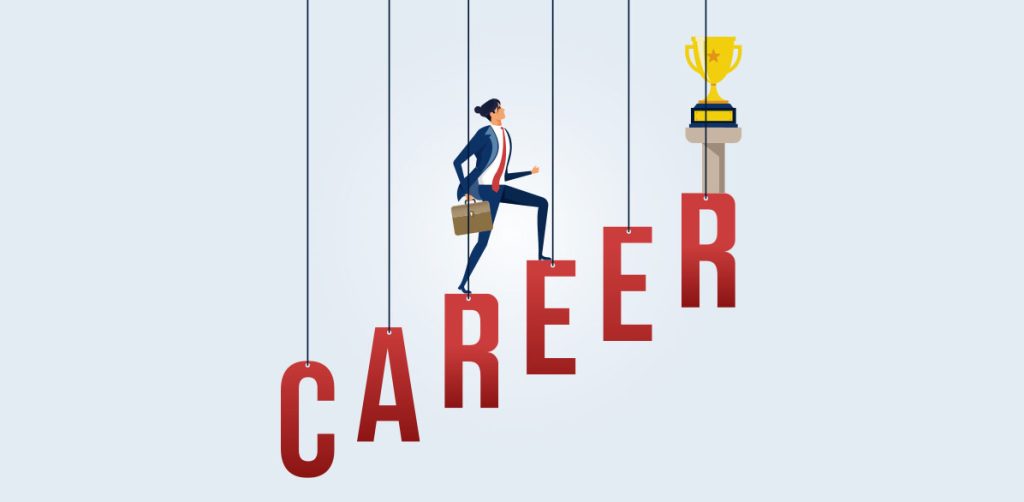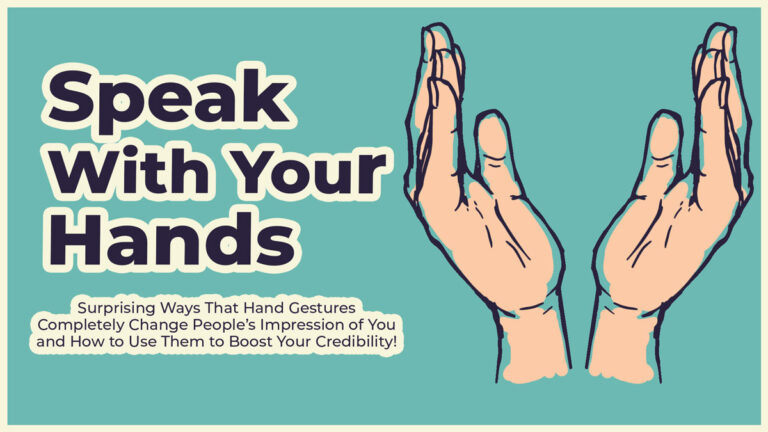Technical skills alone aren’t enough to ensure career success.
Employers also value people skills because they help teams work well together and create a positive work environment.
These skills are essential for building strong relationships with colleagues, clients, and managers.
They can help you stand out and improve your job performance which leads to new opportunities.
Here are 7 people skills to develop that will help you advance in your career.
1. Clear Communication
Good communication is more than just talking.
It’s about listening carefully and making sure your message is clear and understandable.
This includes the right words and being aware of your tone and body language.
You should tailor your message to your audience so that they can easily understand.
Effective communication also means asking questions to clarify ideas.
Practising both verbal and written communication helps avoid misunderstandings.
Strong communication skills are important in any role because they build trust and help teams work smoothly.

2. Emotional Intelligence
Emotional intelligence involves understanding and managing your own emotions and those of others.
It helps you stay calm in stressful situations and respond to problems in a positive way.
Being emotionally intelligent also means recognising when others are upset and offering support.
You can develop this skill by regularly reflecting on your feelings and considering how they affect your actions.
Practise being aware of others’ emotions by listening carefully.
Use this awareness to respond appropriately, which strengthens your relationships with colleagues.
Employers value emotional intelligence because it creates a respectful and supportive workplace.

3. Collaboration
Collaboration is all about working effectively with others to reach a common goal.
This means being willing to share ideas, listen to suggestions, and work towards a solution that benefits the whole team.
To collaborate well, you need to respect different opinions and find ways to include everyone.
Building strong teamwork requires clear communication, active listening, and a positive attitude.
Be open to feedback and help others when needed.
Successful collaboration strengthens team relationships and often leads to better outcomes.

4. Empathy
Empathy is the ability to understand and share the feelings of others.
It’s essential for building trust and strong relationships.
When you’re empathetic, you listen carefully without interrupting or judging, which makes others feel heard and respected.
You should also consider things from their point of view to fully understand their experiences.
This helps you respond in a way that shows you care and value their perspective.
Employers appreciate empathy because it helps solve problems and creates a supportive work culture.

5. Conflict Resolution
Conflict resolution is about handling disagreements calmly and finding fair solutions.
Start by listening to each side to understand their concerns.
Encourage open communication so everyone can express their views respectfully.
Look for common ground where both parties can agree and find a solution from there.
Keep your emotions in check and avoid assigning blame.
Focus on finding a way forward that leaves everyone feeling positive.
Good conflict-resolution skills create a more harmonious workplace.
It also prevents small issues from becoming worse problems.

6. Adaptability
Adaptability means being able to adjust to new situations and challenges.
Stay open-minded and willing to change your approach when needed.
Practice stepping out of your comfort zone and learning new things.
This will help you handle changes smoothly and find solutions to new problems.
Be willing to take on different roles and responsibilities to support your team.
Your willingness to adapt will make you more dependable and help you stay relevant in a changing job market.
Employers value adaptable workers because they can handle unexpected changes without losing focus.

7. Problem-Solving
Problem-solving involves understanding a problem, finding the cause, and looking for solutions.
Start by clearly defining the problem and gathering all the information you need.
Break down the problem into smaller steps and identify the most urgent issues.
Think of different solutions and consider their pros and cons.
Choose the best option and develop a plan to put it into action.
Problem-solving often requires teamwork and strong communication skills.
Employers value this skill because it helps the business run smoothly and keeps projects on track.

Stand Out as a Trustworthy Team Member With People Skills
People skills are essential for:
- Building strong relationships
- Managing challenges
- Creating a positive work environment
They help you understand others, work well in teams, and handle problems effectively.
You can stand out in your career and become a valuable team member.
Start developing these skills now to build a successful and fulfilling career path.


